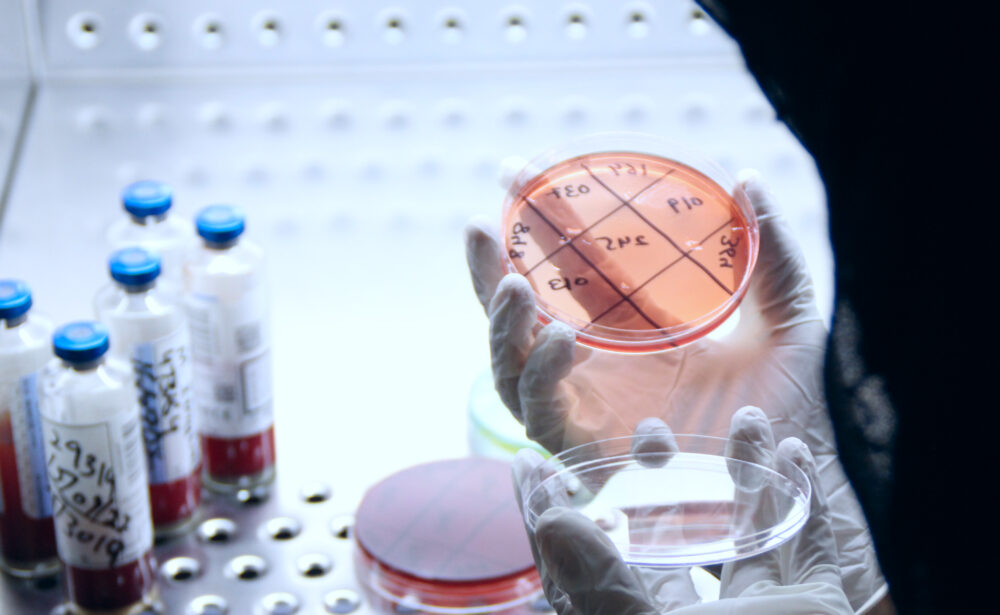Microbiology – Infection Detection & Antimicrobial Testing
The Microbiology Lab at CDC specializes in bacteria, viruses, fungi, and parasite testing.
We offer infection diagnosis, antibiotic resistance testing, and microbial culture analysis.
Our laboratory detects diseases like tuberculosis, urinary tract infections, and respiratory infections.
Microbiology plays a vital role in public health and infection control. We use molecular and culture-based techniques for precise results. CDC ensures highly accurate and reliable infection diagnostics. Regular microbiology testing helps prevent the spread of infectious diseases. Trust CDC for expert-driven microbiological analysis and infection screening.
At Capital Diagnostic Centre (CDC), we specialize in microbiological testing to identify and diagnose infections with precision and reliability. Our cutting-edge laboratory ensures accurate culture testing to detect bacterial, fungal, and other microbial infections, helping doctors prescribe the most effective treatments.
Urine Culture
Fungal Culture
Pus Culture
Sputum Culture
Tissue Culture
Pus Culture
With CDC’s state-of-the-art microbiology lab, we ensure fast, accurate, and reliable infection diagnostics, supporting effective patient care and treatment. Trust CDC for precise laboratory testing!
Benefits of Microbiology Research
Microbiology research is essential for infection control and antibiotic development. It plays a key role in identifying emerging diseases and pandemics. Regular testing helps prevent disease outbreaks. Advanced technology improves diagnostic accuracy for microbial infections.
- Helps Detect Bacterial & Viral Infections
- Supports Public Health & Disease Prevention
- Ensures Effective Antibiotic Treatment
- Uses Advanced Molecular Testing
Frequently Asked Questions (FAQs)
It detects bacterial, viral, fungal, and parasitic infections.
Samples include blood, urine, sputum, or swabs from infected areas.
Most microbiology reports are ready within 24-72 hours.
It helps in early infection diagnosis and public health protection.
Yes, it detects viral infections like COVID-19 and flu.

